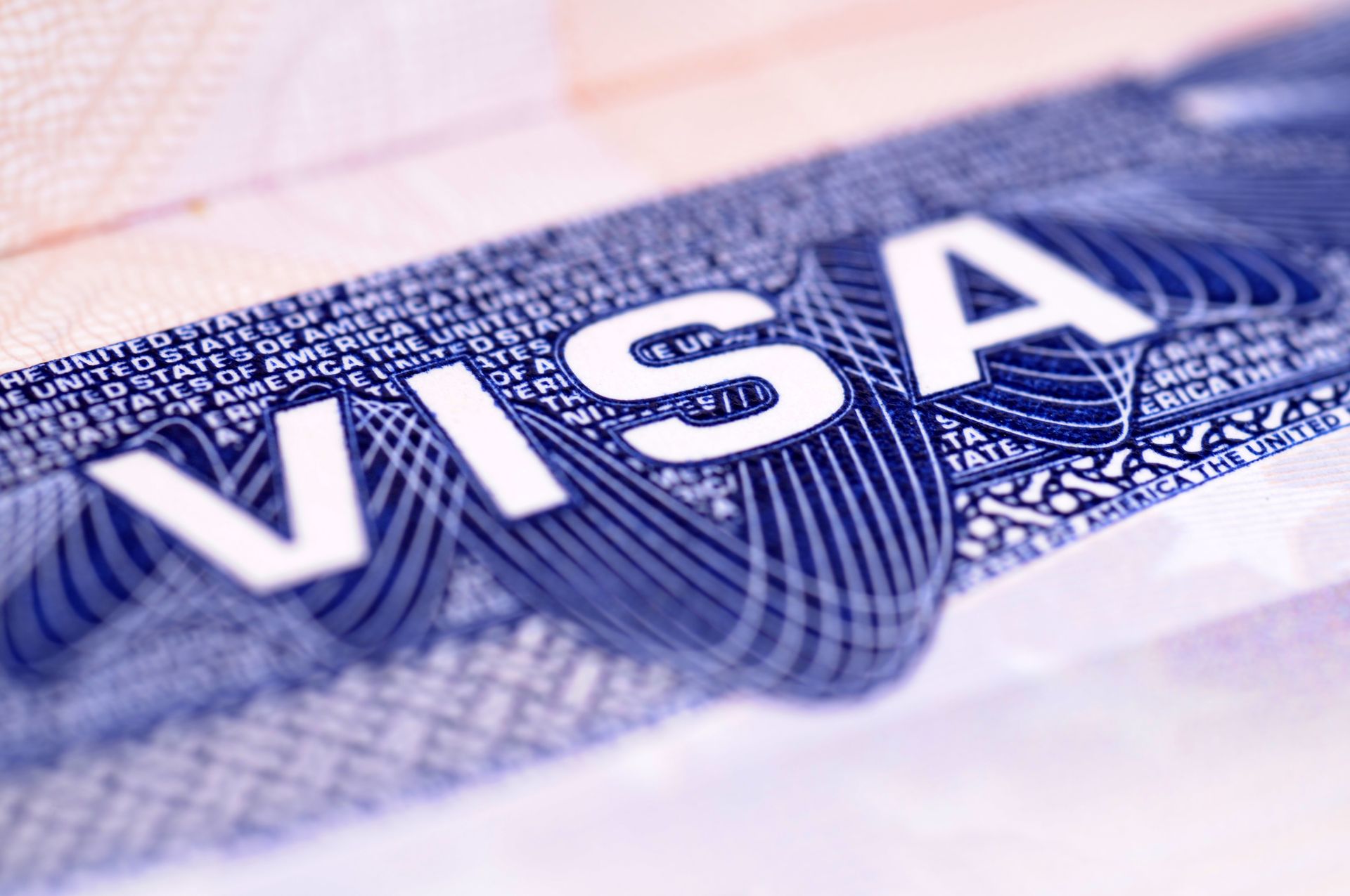The global competition for artificial intelligence (AI) talent has reached a fever pitch, with nations, corporations, and academic institutions vying to attract the brightest minds in the field.
As reported by Dataconomy on October 8, 2025, this race is not just about technological supremacy but also about crafting immigration policies that can lure and retain top AI experts from around the world.
Why Immigration Policy is the Key to AI Dominance
Countries like the United States, China, and Canada are revising visa programs and offering incentives to secure AI talent, recognizing that human capital is as critical as computational power in driving innovation.
Historically, the U.S. has been a magnet for global tech talent, thanks to its flexible H-1B visa system and world-class universities, but restrictive policies in recent years have pushed some experts toward more welcoming nations.
The Economic and Strategic Stakes of the AI Race
The stakes are high, as AI is poised to contribute trillions to the global economy by 2030, with countries leading in AI development gaining economic dominance and strategic leverage.
Beyond economics, AI leadership also translates to influence over global standards, ethics, and even national security, making this race a geopolitical priority for superpowers.
Challenges and Brain Drain in Developing Nations
Meanwhile, developing countries face a brain drain as their best minds are drawn to wealthier nations offering better opportunities, infrastructure, and funding for AI research.
This imbalance could widen the technological gap, leaving smaller economies struggling to keep pace in the digital revolution.
Looking Ahead: The Future of AI Talent Policies
Looking to the future, experts predict that immigration reforms will become a cornerstone of national AI strategies, with countries potentially forming talent alliances to share resources and expertise.
The next decade could see a shift toward more inclusive policies, as nations realize that fostering diversity in AI talent leads to more innovative and ethical solutions.
However, failure to adapt could result in a loss of competitive edge, as talent migrates to regions with more progressive and supportive environments.
As this global race unfolds, the interplay between policy, technology, and human potential will define not just the future of AI, but the broader trajectory of global innovation.


 Maria Lourdes
Maria Lourdes




